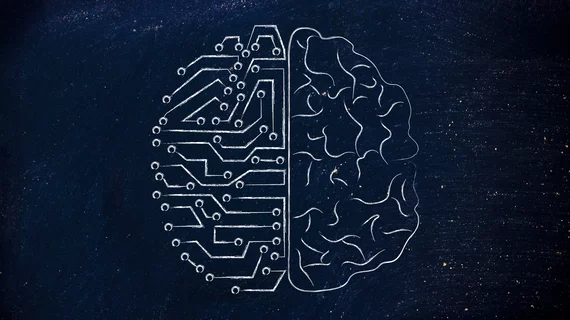RSNA’s new AI journal names its first deputy editor
William Hsu, PhD, an associate professor of radiological sciences at UCLA, is the first deputy editor of RSNA’s new online journal, Radiology: Artificial Intelligence.
Hsu introduced himself on RSNA’s website, noting that artificial intelligence (AI) and machine learning (ML) are a huge part of his day-to-day research.
“I develop software tools that harness electronic health record data to aid clinicians in formulating timely, accurate, and personalized management strategies for individual patients,” Hsu wrote in his introduction. “I am using AI/ML algorithms to discover the optimal strategy for screening and diagnosing patients at risk for cancer, answering questions such as: How frequently should an individual undergo lung cancer screening using low-dose computed tomography given his or her unique personal medical history?”
Hsu also said he was honored to be the first deputy editor of Radiology: Artificial Intelligence.
“I look forward to having continued discussions with the community on the best way to validate, disseminate, and translate these exciting developments toward realizing individually tailored medicine!” he wrote.
Back in May, it was announced that Charles E. Kahn, MD, professor and vice chair of the Department of Radiology at the University of Pennsylvania’s Perelman School of Medicine in Philadelphia, will be the editor of Radiology: Artificial Intelligence. The journal is scheduled to launch in spring 2019.

